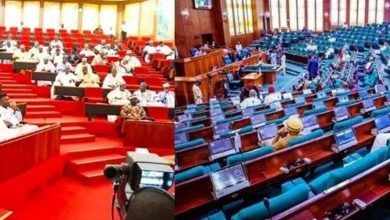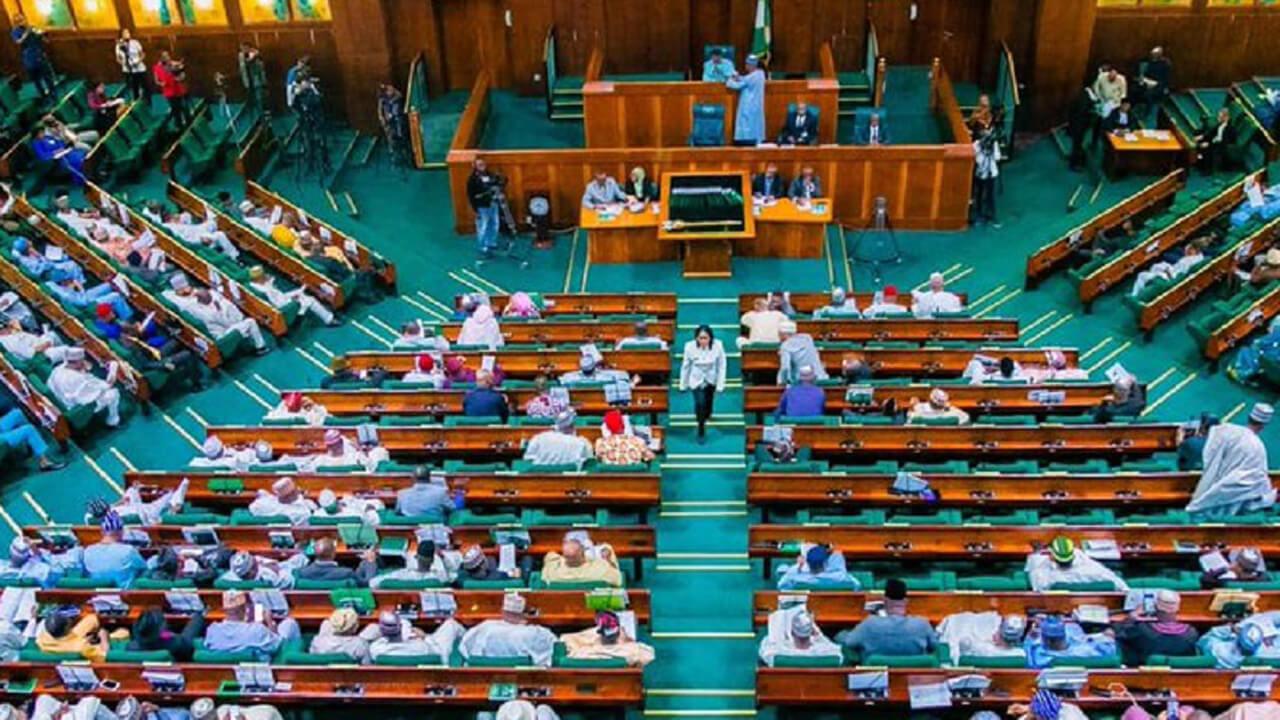
The Nigerian Government’s deficit spending surged by 28% Year-on-Year (YoY), reaching a total of ₦12.1 trillion in the first ten months of 2024, according to data from the Central Bank of Nigeria (CBN). This marked an increase from ₦9.8 trillion in the same period of 2023.
The report showed that the government surpassed its deficit target for 2024, which was set at ₦9.8 trillion, by 31%. Despite this increase in deficit spending, the Federal Government saw a significant 36% YoY rise in revenue during the same period.
A breakdown of the fiscal activities for 2024 revealed that in the first quarter (Q1), the deficit stood at ₦4.18 trillion, growing by 1.9% quarter-on-quarter (QoQ) to ₦4.26 trillion. However, in the third quarter (Q3), the deficit decreased by 23% to ₦3.3 trillion, with a further reduction in October to ₦361.89 billion.
The rise in government revenue during this period was largely driven by a 54.5% YoY increase in revenue to the Federation Account, which grew from ₦13.079 trillion in 2023 to ₦20.214 trillion in 2024. Specifically, revenue to the Federation Account rose from ₦4.973 trillion in Q1 to ₦6.388 trillion in Q2, and further increased by 7.5% QoQ to ₦6.865 trillion in Q3. However, in October 2024, revenue to the Federation Account fell by 7.9% Month-on-Month (MoM) to ₦1.988 trillion.
Expenditure also showed notable fluctuations during the year. In Q2, it rose by 17.8% QoQ to ₦6.7 trillion, before dropping by 16.4% QoQ to ₦5.6 trillion in Q3. In October, expenditure rose MoM by 28.4% to ₦1.83 trillion, although it still fell short of the target of ₦2.4 trillion.
The report noted that federal expenditure in October was primarily driven by an increase in capital spending, which grew by ₦463.49 billion compared to the previous month, though it was still 44% below the target.
The October Economic Report from the CBN also highlighted that the federal, state, and local governments received ₦424.87 billion, ₦450.96 billion, and ₦332.63 billion, respectively, from the Federation Account, with the balance of ₦90.42 billion allocated to the 13% Derivation Fund for oil-producing states.
Despite improvements in revenue, the fiscal deficit widened in October, reflecting a higher increase in expenditure relative to revenue. This underscored the need for better fiscal management, including broadening the tax base and diversifying revenue sources to ensure fiscal stability.





